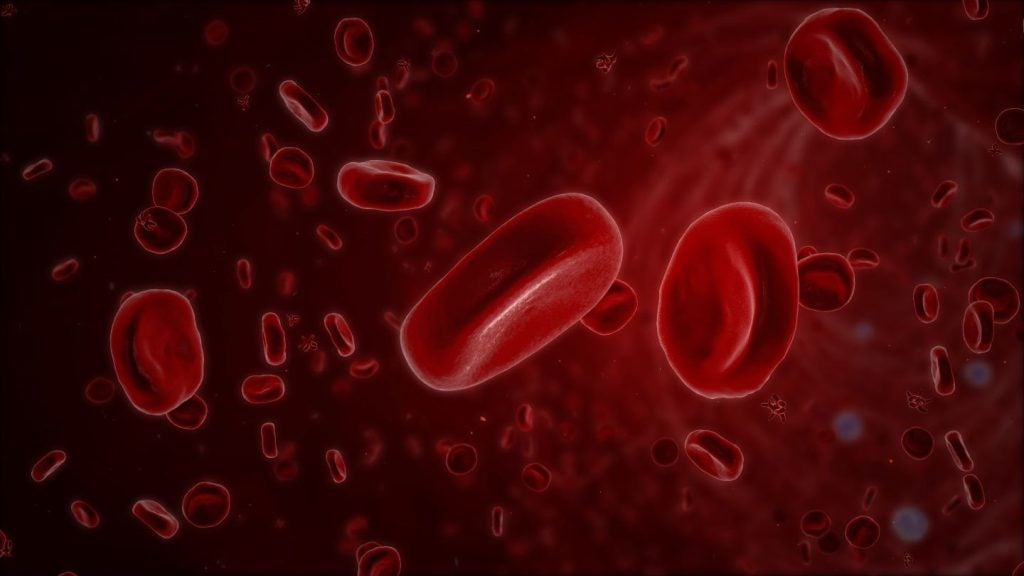Samsung Bioepis has announced the approval of its EPYSQLI (eculizumab-aagh) biologics licence application (BLA) by the US Food and Drug Administration (FDA) as a biosimilar to Soliris (eculizumab).
The approval covers the treatment of paroxysmal nocturnal haemoglobinuria (PNH) for reducing haemolysis and atypical haemolytic uraemic syndrome (aHUS) to avert complement-mediated thrombotic microangiopathy.
EPYSQLI is not intended for treating Shiga toxin E coli-related haemolytic uraemic syndrome (STEC-HUS).
The US regulator’s approval for EPYSQLI is supported by comprehensive evidence, including analytical, non-clinical and clinical data, confirming its high similarity to Soliris without any significant differences in safety, purity and potency.
A randomised, double-blind, three-arm, parallel-group, single-dose Phase I trial enrolling healthy subjects demonstrated pharmacokinetics (PK) equivalence and comparable pharmacodynamic, safety, tolerability and immunogenicity profiles between EPYSQLI and Soliris.
A randomised, double-blind, multicentre, cross-over Phase III trial in PNH patients showed clinical equivalence of EPYSQLI and Soliris in terms of efficacy, safety, PK and immunogenicity.
Eculizumab, the active component in Soliris, is a monoclonal antibody and anti-C5 complement inhibitor.
Biosimilars such as EPYSQLI are biologic medicines that are highly similar to an existing FDA-approved biologic with no clinically meaningful differences.
They are expected to reduce the financial burden on the healthcare system and improve patient access to biologic therapies, as they must meet the same standards for quality, safety and efficacy as the reference products.
Beyond the US, EPYSQLI also received approval from the European Commission and Korea's Ministry of Food and Drug Safety as a Soliris biosimilar to treat PNH and aHUS.
Samsung Bioepis president and CEO Christopher Hansung Ko said: “The FDA approval of EPYSQLI as a biosimilar to Soliris marks an important milestone for the PNH and aHUS communities since biosimilars have the potential to positively impact patients and healthcare systems by reducing healthcare costs and improving access to treatments.
“Our mission has been, and always will be improving the lives of patients by providing quality-assured, safe and effective biologic medicines, and our work to fulfil this mission is expanding into rare disease areas where patients continue to suffer from limited access to life-enhancing medicines.”









